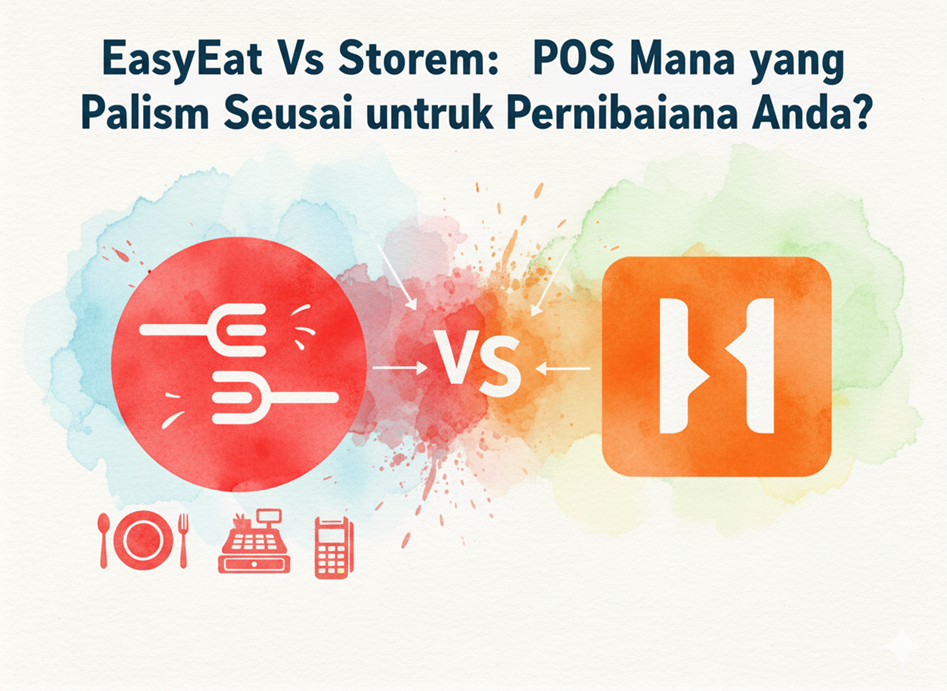You know that efficient inventory management is crucial. This blog will explore what an SKU is, its significance, and how it can transform restaurant operations. Learn how SKUs—unique identifiers for products—enable detailed tracking, streamline ordering, enhance data analysis, simplify audits, improve supplier relationships, and optimize menu management. Discover best practices for implementing SKUs, including system standardization, staff training, software utilization, and regular updates to keep your inventory system effective and accurate.
What is SKU?
SKU stands for Stock Keeping Unit. It is a unique identifier for each distinct product or item, whether raw ingredients or finished dishes. It is typically a combination of alphanumeric characters that is assigned to every item usually called an SKU code. SKUs are used to track inventory levels, sales, and product information, providing a granular view of the stock available. This unique identification system allows for precise tracking and management of inventory items.
Benefits of SKU in Restaurant Inventory Management
Efficient Inventory Tracking
The primary function of an SKU is to facilitate detailed tracking of inventory items. By assigning a unique SKU code to each ingredient and product, you can maintain an accurate count of stock levels. This helps in reducing instances of overstocking or running out of critical items, ensuring that the kitchen is always well-supplied.Efficient Inventory Tracking with EasyEat.
Streamlined Ordering and Restocking
Using SKUs allows for a more streamlined ordering process. When placing orders with suppliers, you can reference SKU codes to specify exactly what you need, reducing the risk of errors. Additionally, SKUs make it easier to keep track of which items need to be reordered, preventing shortages of essential ingredients that could disrupt service.
Enhanced Data Analysis and Reporting
SKUs provide valuable data that can be analyzed to improve inventory management. You can track usage patterns, identify which items are most popular, and determine seasonal trends. This information can be used to make informed decisions about menu planning, promotions, and stock levels, ultimately leading to better customer satisfaction and increased profitability.
Simplified Inventory Audits
Conducting regular inventory audits to prevent theft and manage costs is a critical task. SKUs simplify this process by providing a clear and organized way to count and verify stock. Auditors can quickly match physical inventory with records, ensuring accuracy and identifying discrepancies promptly.
Better Supplier Management
SKUs facilitate better communication with your suppliers. When suppliers receive orders with clear SKU codes, they are less likely to make mistakes in fulfilling the order. This precision helps build a reliable relationship with them and ensures that you always receive the correct items.
Improved Menu Management
You may have a complex menu with many ingredients. SKUs help in tracking the usage of these ingredients, ensuring that each dish can be prepared consistently. By monitoring the inventory through SKUs, chefs can make adjustments to the menu based on ingredient availability, reducing waste and optimizing costs.
Implementing SKUs in your Restaurant
To effectively implement SKUs, restaurants should follow a few best practices:
Develop a Standardized System
Create a standardized system for generating SKU codes. This system should be logical and consistent, reflecting the characteristics of each item. For example, a SKU code for tomatoes might be “VEG-TOM-RED-01,” where “VEG” stands for vegetables, “TOM” for tomatoes, “RED” for the color, and “01” for the first variant.
Train Your Staff
Ensure that all of your team members, especially those involved in inventory management, are trained on the importance of SKUs and how to use them. Proper training will help in maintaining accuracy and consistency in inventory records.
Utilize Inventory Management Software
Invest in inventory management software that supports SKU tracking. Such software can automate many aspects of inventory management, from tracking stock levels to generating reorder alerts. This reduces manual errors and saves time.
Regularly Review and Update SKUs
As the menu changes and new items are introduced, regularly review and update SKUs to ensure they remain relevant and accurate. This ongoing maintenance is crucial for keeping the inventory system effective.
In conclusion, SKUs are indispensable for efficient restaurant inventory management. By providing unique identifiers for each product, SKUs enable precise tracking, streamline ordering, enhance data analysis, simplify audits, and improve supplier relationships. Implementing a standardized SKU system, training staff, utilizing inventory management software, and regularly updating SKUs are essential steps for maintaining an effective inventory system. Embracing SKUs not only ensures a well-supplied kitchen but also optimizes costs and enhances overall operational efficiency, ultimately leading to greater customer satisfaction and profitability.




